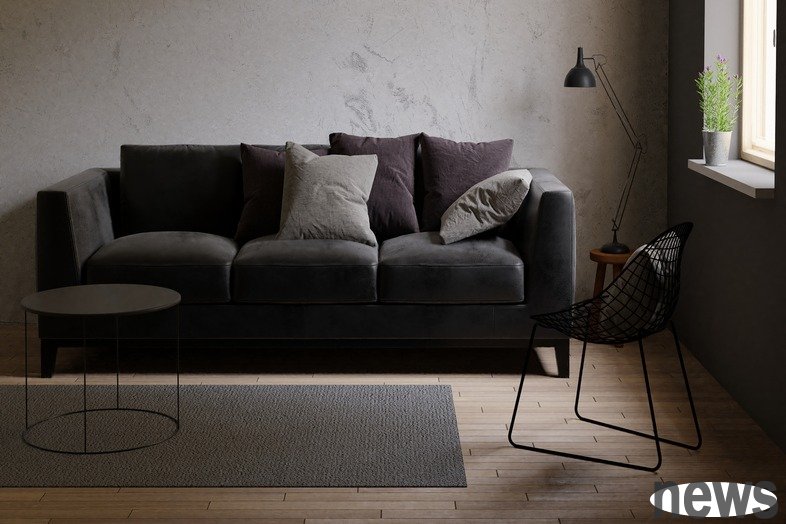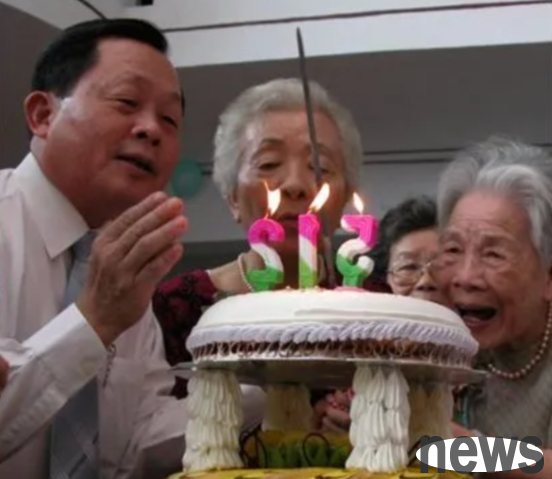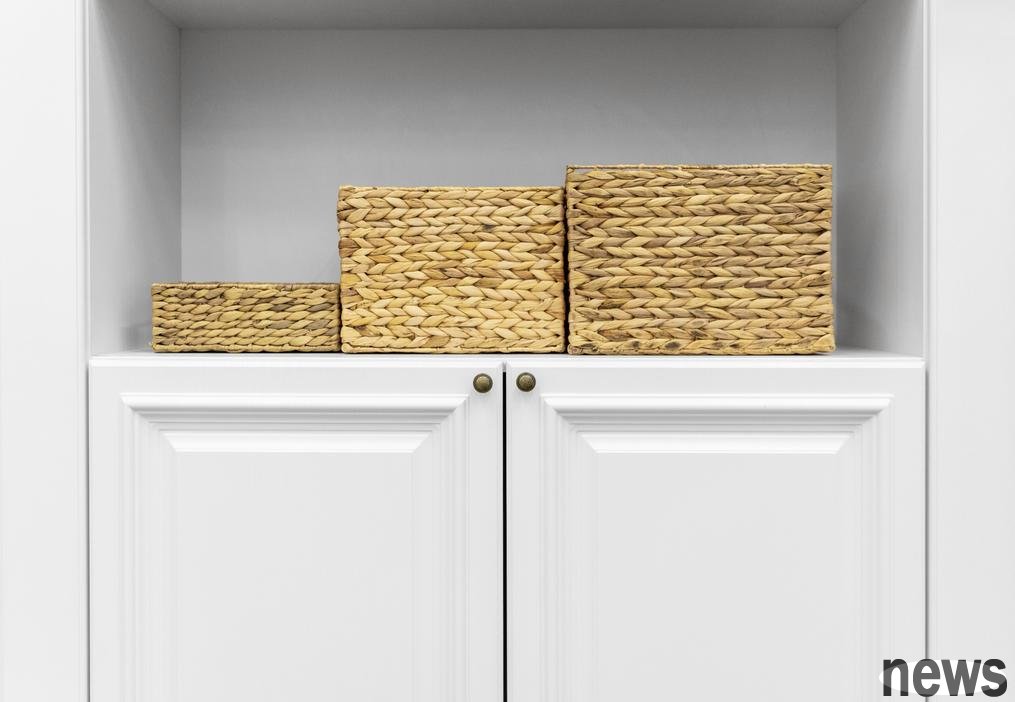
As age increases, physical strength, lifestyle and product needs will change. Japan sorted out and asked Masako Takato, who was over 50 years old, to take care of her parents and mothers, and re-examined her relationship with her items. She totally put out three principles to help herself reduce her burden, stay comfortable, and live a richer life in her future life.
1: Only "items and quantities that you can manage now"The Fujiya always used digital shaped tile when she celebrated her birthday. As long as the used skeletons are clean, they are naturally considered to be more likely to be used in the future, and they are left behind.
However, when choosing cakes in the store, you often forget to confirm the stock at home. Once I checked the inventory of the wormwood and found that there were three wormwoods with the number "6"!

Since that experience, the vine must decide that it will no longer retain the vegetation. If you cannot make good use of the items you have collected, then there is no intention to collect them. Since I realized this, other items can be dropped even more simply after using them.
2: First of all, I was born from my own will, because I thought that putting on the sand would make the room smaller, so I only lived on the floor and carpet for a while. But since I felt that sitting in a chair was easier, I decided to choose a lifestyle that would make me comfortable even if the room was smaller, so I put the sand on it.
As you age, your waist or knees may feel burdened under unexpected circumstances, and may even appear inconvenience that you did not have before. You must choose items that meet your future life needs so that you will not feel sleepy at that time and can live comfortably.
3: Focusing on the convenience of use rather than the storage capacityTen Teng used to think that the storage space must be used as much as possible without wasting time, but started a few years ago, the idea changed.
A common storage technique is "put items with low usage rates in high-end cabinets that are not easy to access." But Fuji felt that if you put things in a place that is not easy to get, it would be more lazy to use, and eventually it would become "received unused items."
and it is better to use high-level cabinets to fill more items. It is better to lower the cabinet height. Even if the storage capacity is reduced, it is necessary to pay attention to the convenience of use.

Since then, Fuji no longer pursues the simplicity of space, but changes it to a light and easy sorting method of "not trying to use something inconvenient to use". In this way, she was able to realize a relaxed way of reserving that suited her current physical strength.
